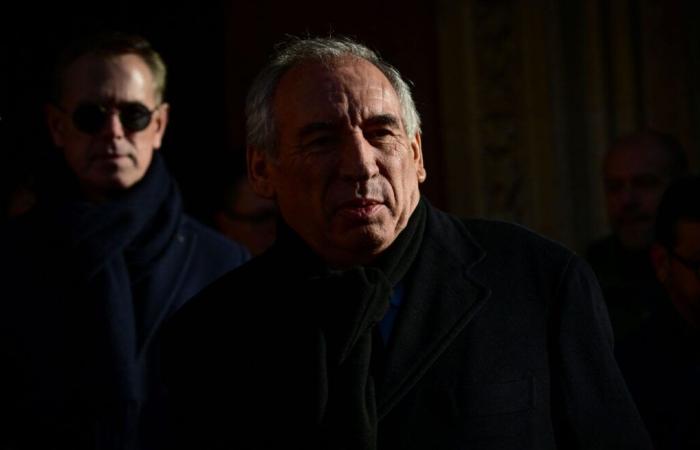
The new French Prime Minister François Bayrou lays down his cards on Tuesday on the budget and withdraws them in his grand oral presentation to the deputies, in an attempt to avoid censorship.
While France is going through a period of instability unprecedented in decades, the general policy declaration of the centrist head of government – the fourth in one year in France – will be scrutinized in the afternoon before the National Assembly.
Appointed in December, François Bayrou, 73, has the first challenge of passing a budget for 2025, under pressure from oppositions and the financial markets.
To do this, he must avoid suffering the same fate as his predecessor Michel Barnier, whose minority government was overthrown after three months by an alliance of left and far-right deputies.
He launched intense negotiations with the left, centered on the fate of the latest pension reform. But the equation remains delicate because the National Assembly is fractured into three blocs (left/center-right and right/far right), none of which has an absolute majority.
While his predecessor had tried in vain to obtain a commitment of “non-censorship” from the far right, François Bayrou is this time banking on the left and particularly the socialists to find a way through.
” Skinny “
But the secretary general of the Socialist Party Pierre Jouvet deplored Monday on the BFMTV channel the absence of “significant progress” and “guarantee concerning the suspension” of the pension reform demanded loudly by the left, estimating that François Bayrou was “caught by the patrol” located “to his right”.
Enough to throw the socialists into the arms of censorship, since a motion will undoubtedly be tabled by the Insoumis (radical left) on Tuesday.
Without the votes of the socialists, France Insoumise and the National Rally (nationalist right) cannot overthrow the government.
All day Monday, the executive increased talks. “They give the impression of struggling, but in the end it’s meager,” summarized to AFP the boss of environmentalists Marine Tondelier, who spoke by telephone with several ministers.
“I still don’t have too many arguments for not voting for censure,” she added.
If the government is not expected to fall immediately, Mr. Bayrou’s inability to rally the socialists casts doubt on the sustainability of this government which could, like its predecessor, come up against the wall of the budget vote in the course of negotiation.
During his New Year’s greetings, President Emmanuel Macron acknowledged that his decision to dissolve the National Assembly, which resulted in his camp’s defeat in the legislative elections in July, had sowed “divisions” and “instability”.
At the center of the tensions, the socialists are demanding a suspension of the latest pension reform which is effective from the start of the renegotiation, and not only in the event of its success.
But this suspension divides the presidential camp while the right threatens to leave the government.
Some seem ready to accept it, as the price of political stability, like the President of the National Assembly Yaël Braun-Pivet.
Others, however, are opposed to it, arguing its cost, estimated at around 3 billion euros for the year 2024 alone.
“If tomorrow we reached the heart of the reactor in terms of the budgetary yield of this reform, then we would put France, for the pleasure of the left, in danger, particularly budgetary and financial,” warned the Minister of the Interior on Monday evening Bruno Retailleau (right).





